For years, environmentalists have urged us to travel less. But what if the solution is actually to travel more?

Making the Case For Travel
When I first wrote this article, it was a strange time. Over 1.4 billion people couldn’t leave their homes under the rules of the first lockdown.
Then it became even stranger. We all used words like lockdown, bubble, pandemic, and self-isolate. And now we don’t. It’s as if it was all a dream.
Yet it is, once more, Earth Day, a day when travel twirls its moustache and swooshes its cloak as the villain intent on ruining us all.
The standard response is to wring our hands and promise to do better. Which means? We vow to travel less.
But I want to talk about the other side. The idea of travel as a force for good. A recent invitation to join a project between the UN WHO and WTO called “Healing Solutions for Tourism” got me thinking.
Is my message on Earth Day that we should travel more?
In a word, yes.
Travel is not just about “holidays.” It is about connecting with different cultures, seeing other perspectives and learning more about the world in the ultimate outdoor classroom.
Why do we travel?
Why do we travel? Watch the news and you’ll find a facile explanation: we fly to get warm and get drunk somewhere far from home. “Holidaymakers” is the term – and I’ve never heard anyone use it in real life.
Yet every time a travel crisis hits, from the Eyjafjallajokull volcanic ash cloud in 2010, to the early days of the Covid-19 outbreak, we see rolling footage of crowded airports and an unrelenting focus on holidaymakers forced to cancel their plans.
When rail disruptions occur, it’s the opposite. Then, it’s all about “misery for commuters” and tears because separated families can’t get home.
It’s time, long past time, these views expanded.
Plenty travel by train for leisure. And fly for work – and to get home. In our global world, home may be thousands of miles away.
“No-one needs to travel,” I hear a lot. Well, like so many things, yes and no. We need food, clean water, shelter, a purpose. And to achieve many of those things, we need to travel. But pedantic points aside (good – Ed) let’s talk a bit more.
In particular, let’s talk about the good travel does in relation to Earth Day.
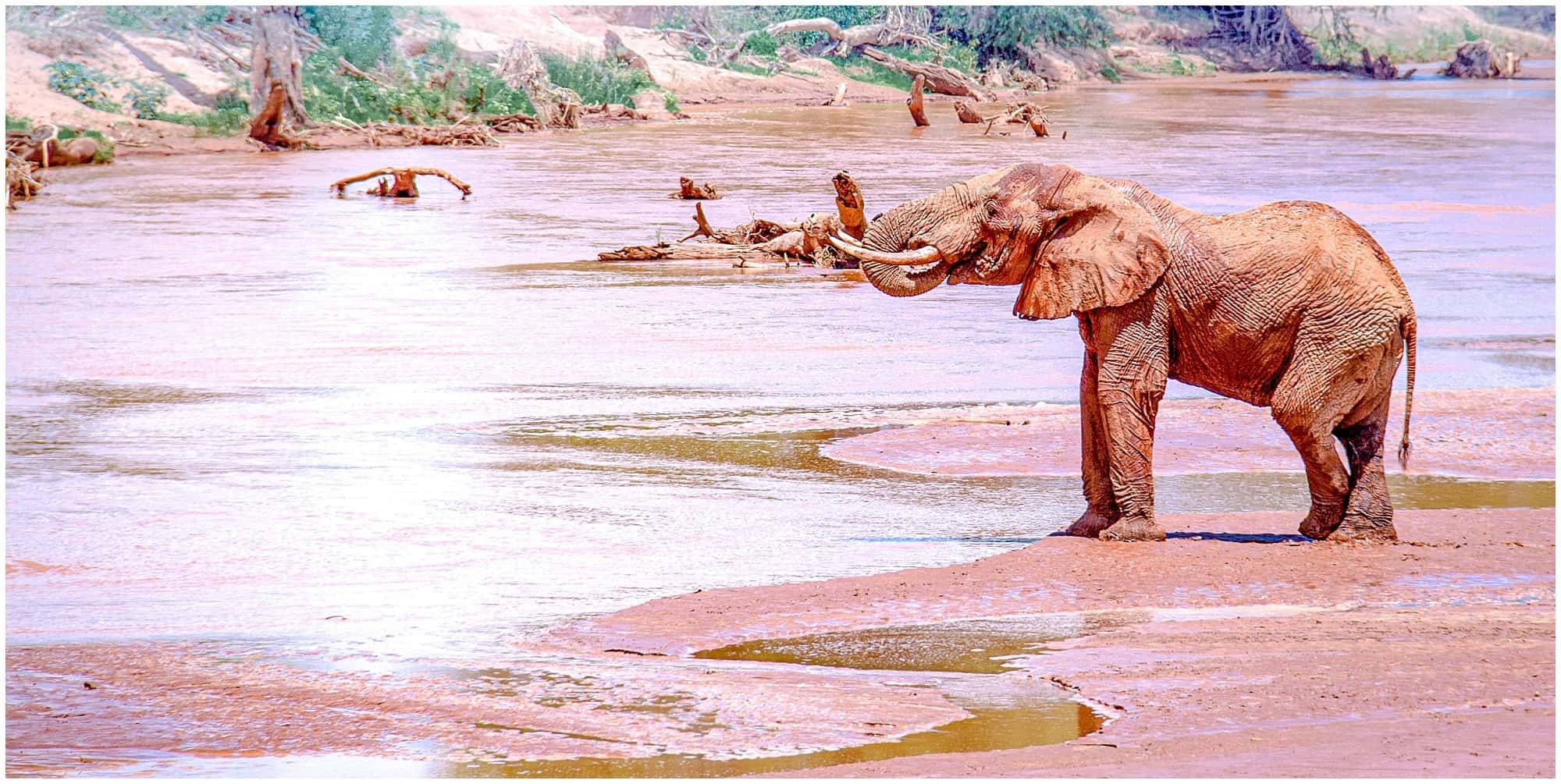
Worth More Alive Than Dead
How can we save endangered animals? The threats, and therefore the solutions, are complex. Through a combination of habitat destruction, air and water pollution, hunting and traditional cultural practices, many species are at risk.
Yet sustainable tourism offers up a partial solution: by making animals worth more alive than dead, people can still earn a living. It no longer becomes poach or starve.
India reported a 33% increase in tiger numbers in the wild over the four years before the pandemic and a key part of that strategy has involved increasing tiger tourism in Ranthambore to counteract the lost income from poaching bans.
On the other side of the world, Florida reported a successful increase in the number of manatees returning to their waters each year. Strict speed limits and sustainable tourism guidelines have been introduced – and tourists travel to swim with manatees in an ethical setting.
As any doctor, lawyer or banker knows, issuing instructions is easy, changing behaviour is much, much harder. An emotional and financial incentive helps.
In the Okavango Delta, not only do guides face a lifetime in prison for illegal hunting, they face the backlash from their colleagues and neighbours for harming the industry that supports so many: that of wildlife tourism.
And on a more disturbing note. As the pandemic decimated travel in 2020, the world saw poaching rates rise. And now, several formerly recovering species are now on track for extinction. In landfills across the globe, plastic aprons, gloves. coffee cups and discarded masks gather. The myth that Covid-19 was at least good for the environment may make us feel better in the short term, but it doesn’t stand up to scrutiny.
The Outdoor Classroom
On the deserted white sands of Desroches Island in the Seychelles, Aurelieu Nahaboo takes visitors for a walk. They join his small team who measure, sift and study the shoreline. It’s an ecology lesson in the perfect setting.
And it’s no gimmick – the ecologists convinced hoteliers to leave the scrub that lines the shore and protects against erosion. The two purposes, hospitality and conservation, live hand in hand.
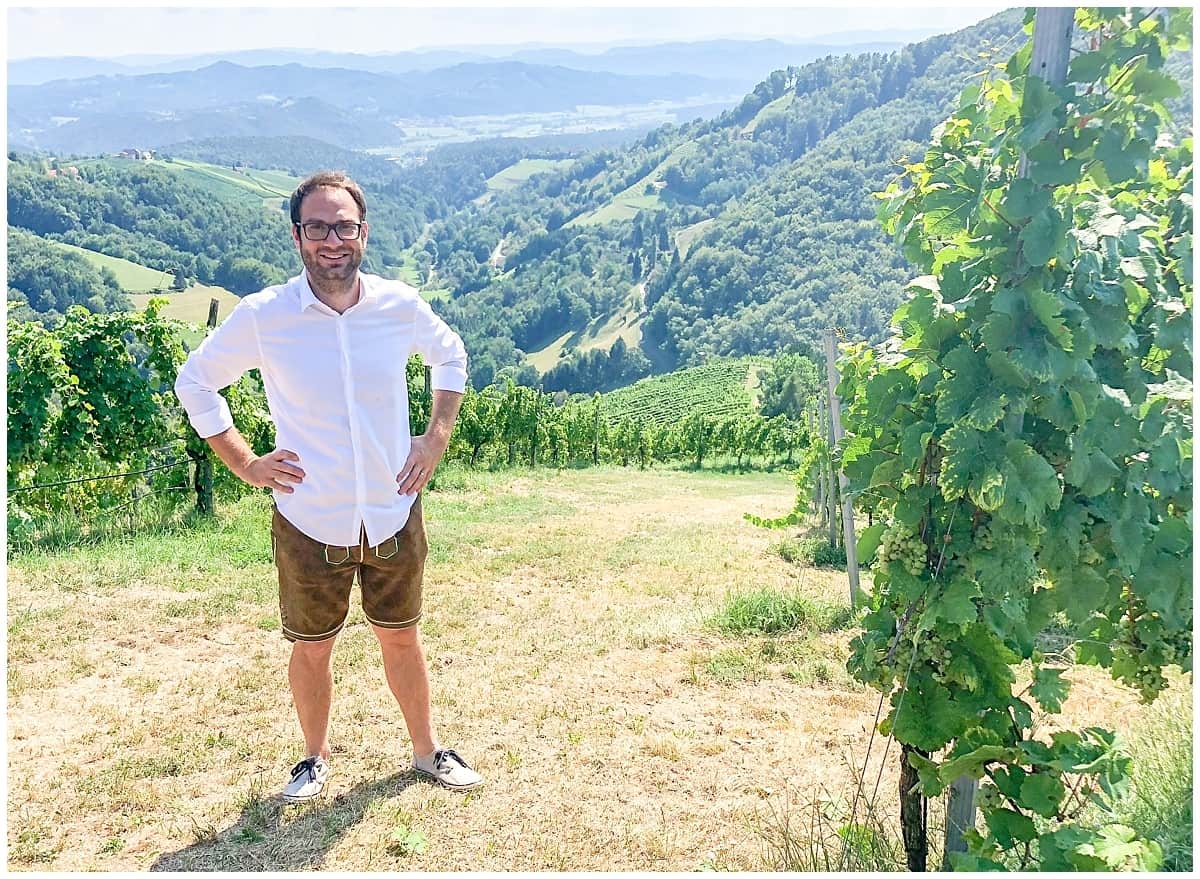
At the other extreme, in the vineyards of Bordeaux or the Buschenschank in Austria, the centuries of tradition and sustainable farming practices emerge by stealth. Visitors may come for the wine, the cold meats, the beer, but they leave with a greater knowledge of and appreciation for the land and environment on which they walk.
And how much more insight did I learn from my medical elective in Tanzania, east Africa, than if I’d stayed at home? When confronted face to face with the reality of no screening programmes, no vaccines, no drinking water. When I saw the heroic efforts parents made to seek medical care, walking for days with their child on their backs. How simple the solutions dreamed up at home dissolved in the face of reality.
How much more did I learn than had I only read books?
And when my kanga, that bright cloth tied around my waist, slipped on the high street and a group of women, clustered around me, fixing it and helping me. How much more did I learn?
And it works both ways.
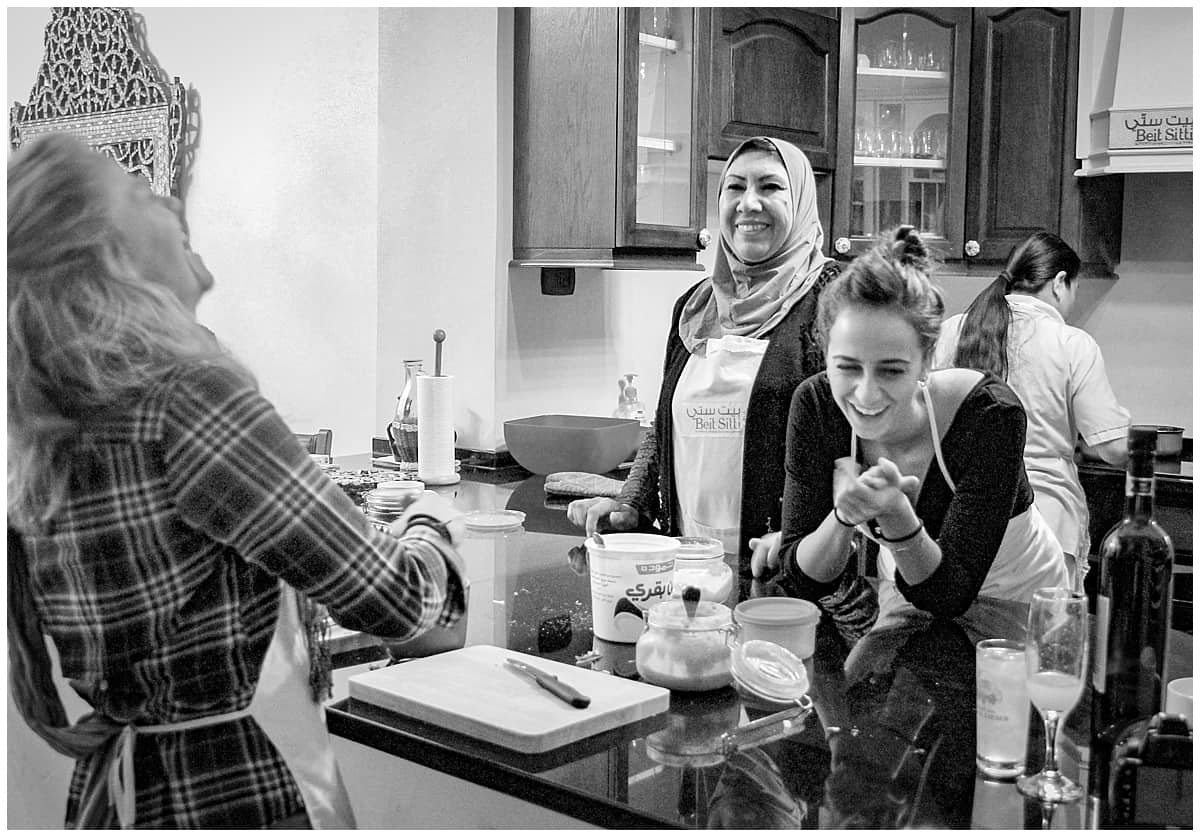
Nothing breaks through barriers faster than eating and drinking together
The kindness of strangers
“Cultural integration is the common thread in the tapestry of world peace. Tourism is the bridge that helps spread understanding between countries, cultural exchange and friendship.” Sharjah, U.A.E official welcome letter.
Whatever your viewpoint, we can all agree that the world faces great challenges, from viral pandemics to environmental damage. And how are such threats best overcome? By everyone working together.
Populists and propaganda may preach hatred and sow divisions.
But, how hard it is to foster hatred towards another group once you have met and broken bread together?
When lost in a foreign land, you received the kindness of strangers.
When you drank coffee beneath the stars.
When people invited you into their home?
Even Greta Thunberg travels to get her message across. Because meeting someone in person will always be more powerful than greeting through a screen.
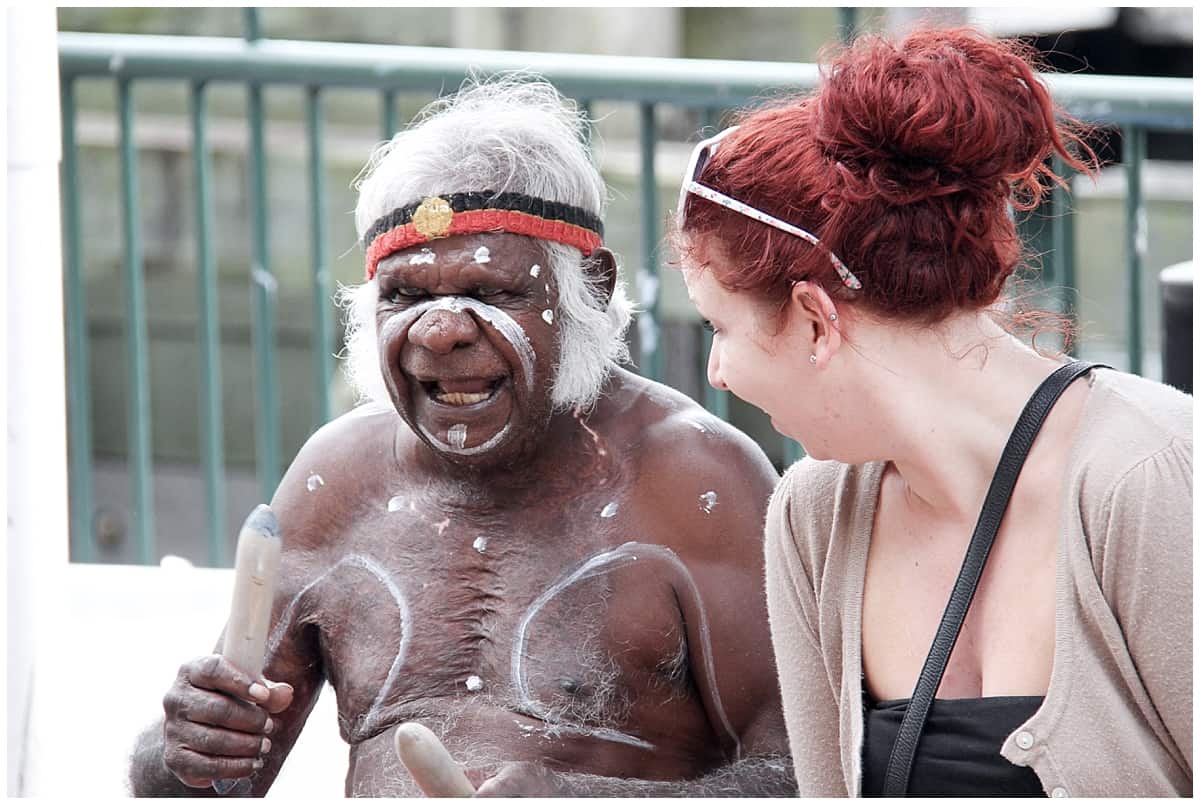
The handmaiden of peace
A few years ago, I travelled from Istanbul to Berlin. Zig-zagging back and forth across the former Iron Curtain, I spoke to people my age (children when the wall fell) about life then and now.
And I learned an awful lot. But one quote really stood out.
“You know, as they say, that prosperity is the handmaiden of peace.”
I first heard this in Slovenia, a rare European country that had not truly been on either side.
And since I heard it once, I heard it again and again. Conflict Management programmes and disaster recovery strategies focus on this very point: let areas become wealthy and self-sufficient and riots and conflict subside.
And what is the biggest industry in the world? One that needs no intellectual property rights but an awful lot of manpower?
Travel.
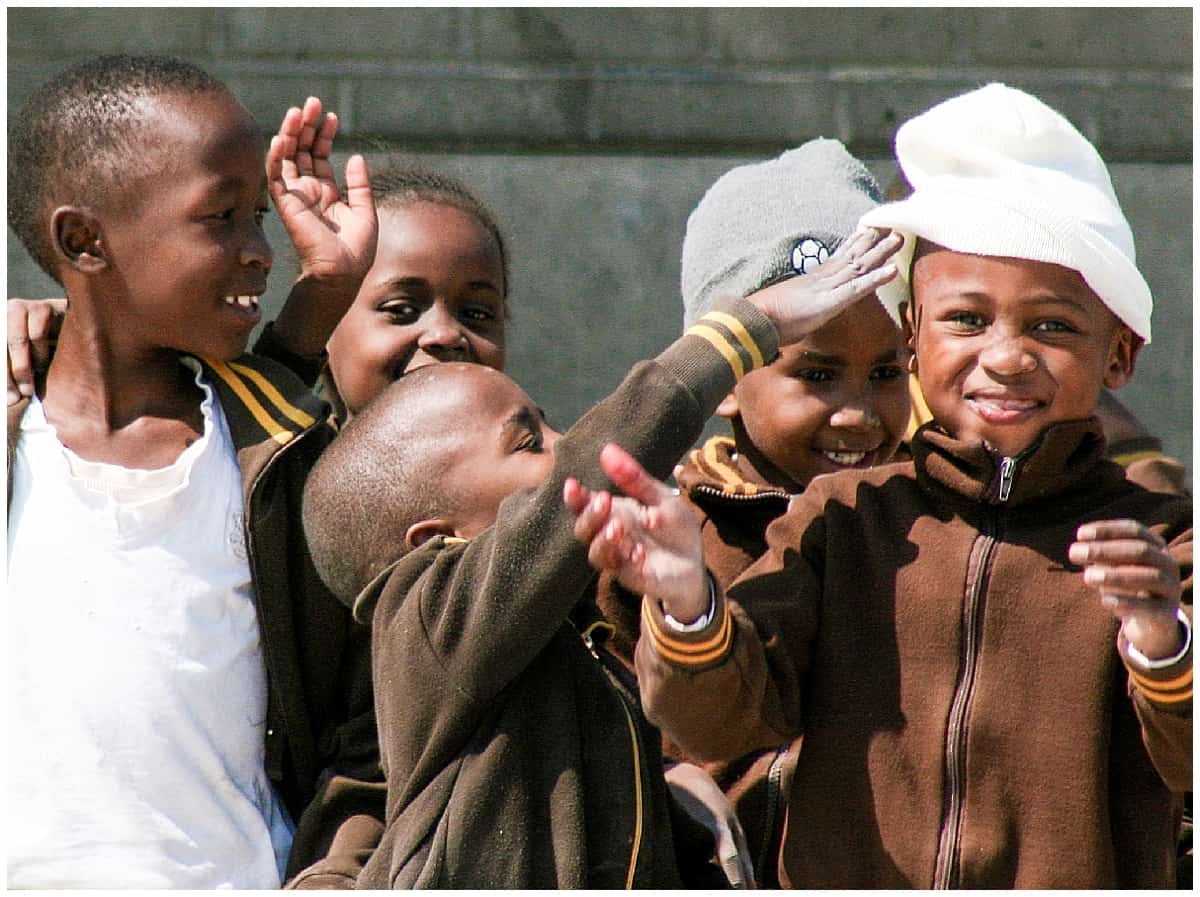
The secret ingredient
(If you’re new around here, a quick heads up. I used to work as a doctor.)
I sat in a GP consultation once when a new patient came in, broken, in tears and exhausted. Before filling in a prescription and entering him into the standard mental health care pathway, she asked a simple question: when did you last have a holiday?
And it stopped me in my tracks.
Holidays have fallen from fashion in today’s busy-focused world. Many see them not only as an indulgence, a triviality, but also as some kind of sign of weakness. And I used to be one of them.
Yet is that really the case?
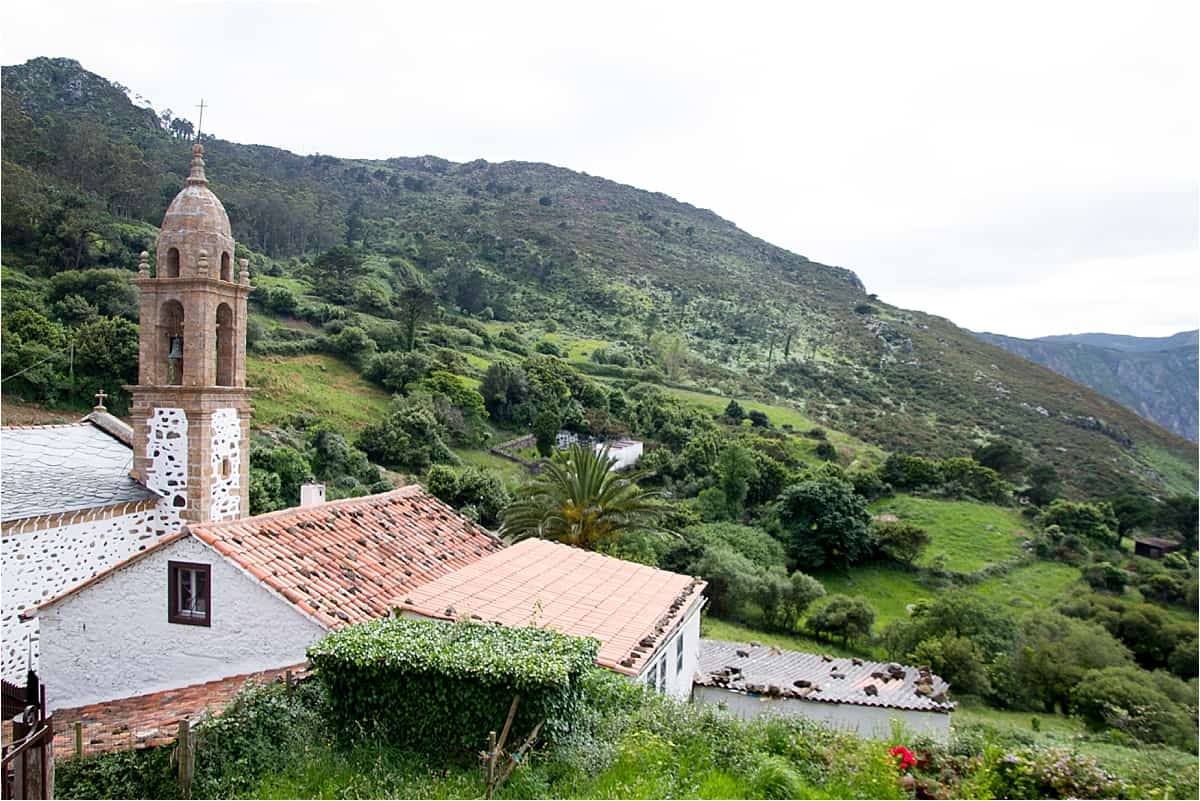
The Sanctuary of Dismembered Wax Body Parts in Galicia, Spain
Pilgrimage
For thousands of years, people have recognised the need for rest and a chance to recharge. Every major religion has a day of rest per week, with many longer festivals or pilgrimages through the year.
From Jesus, to Mohammed, to Moses and beyond, not only did the highest religious figures take one day a week, they travelled and sought a period of time away from the ordinary.
The very word holiday, stems from “holy day.” (Vacation is nowhere near as good – too close to vacant and vacate. It’s no wonder the US has fewer days of leave. And perhaps coincidentally, perhaps not, higher rates of mental health problems.)
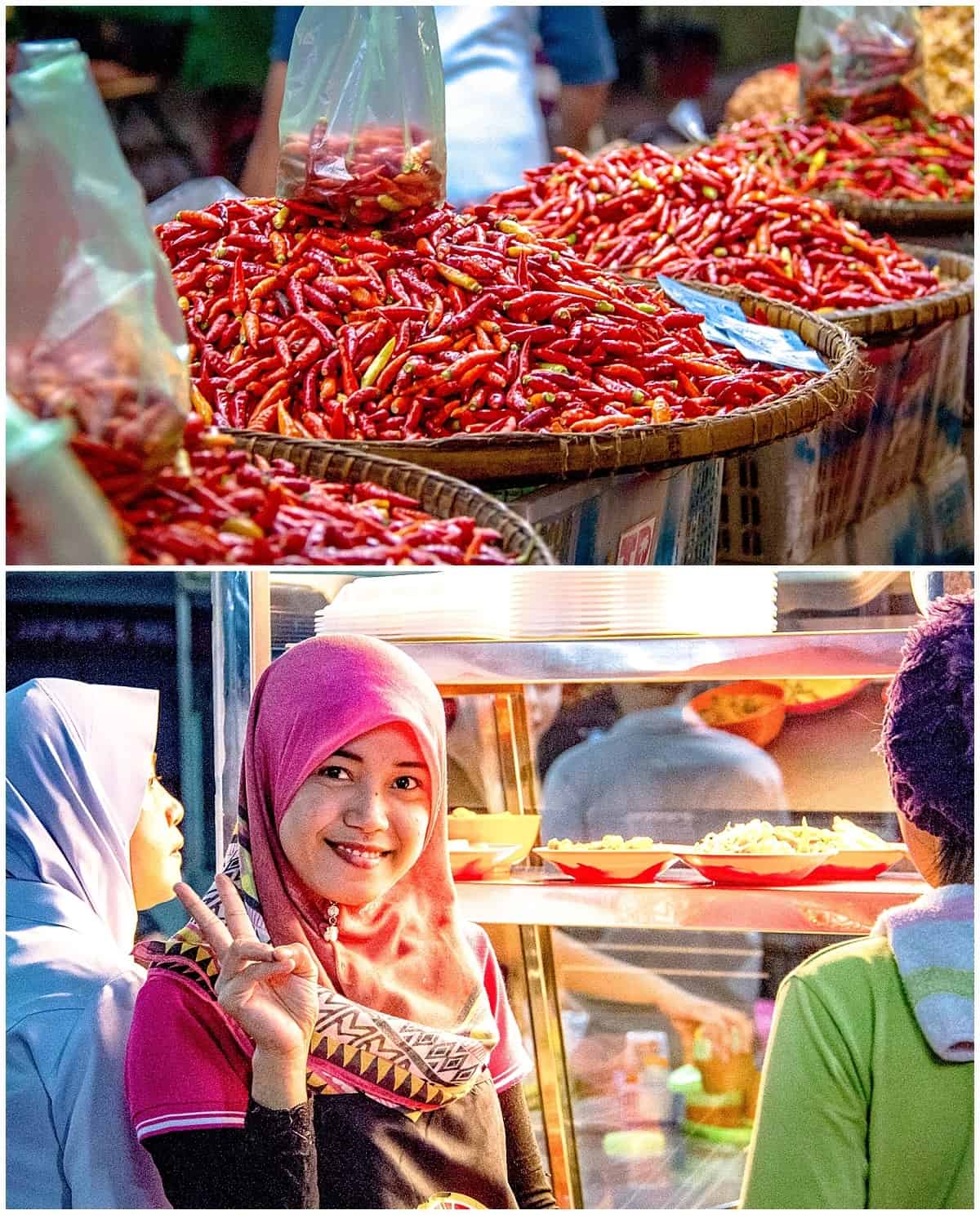
A Fundamental Right?
So what’s the relevance today?
A lack of holiday time ranks on the material deprivation score as a marker of poverty and inequality here in the UK. Not just time away from work. Time away from home (and the homes of relatives, while we’re at it.)
Like our votes, our working – and holiday – rights matter. People have fought hard for them. They continue to fight hard for them.
Why? Because on a very fundamental level, the right to travel is a core part of being human. It leads us to discover new ideas. To make friendships. To recharge.
And when we are in such a place, we have the strength to make better choices, including those about the environment.
It is often said that travel is a privilege. And it is in that so many do not have the means to do it. But the answer to that is to increase its access, not reduce it. To raise everyone up, not squash everyone down.
With so many benefits to offer, it would surely be immoral to ignore it.
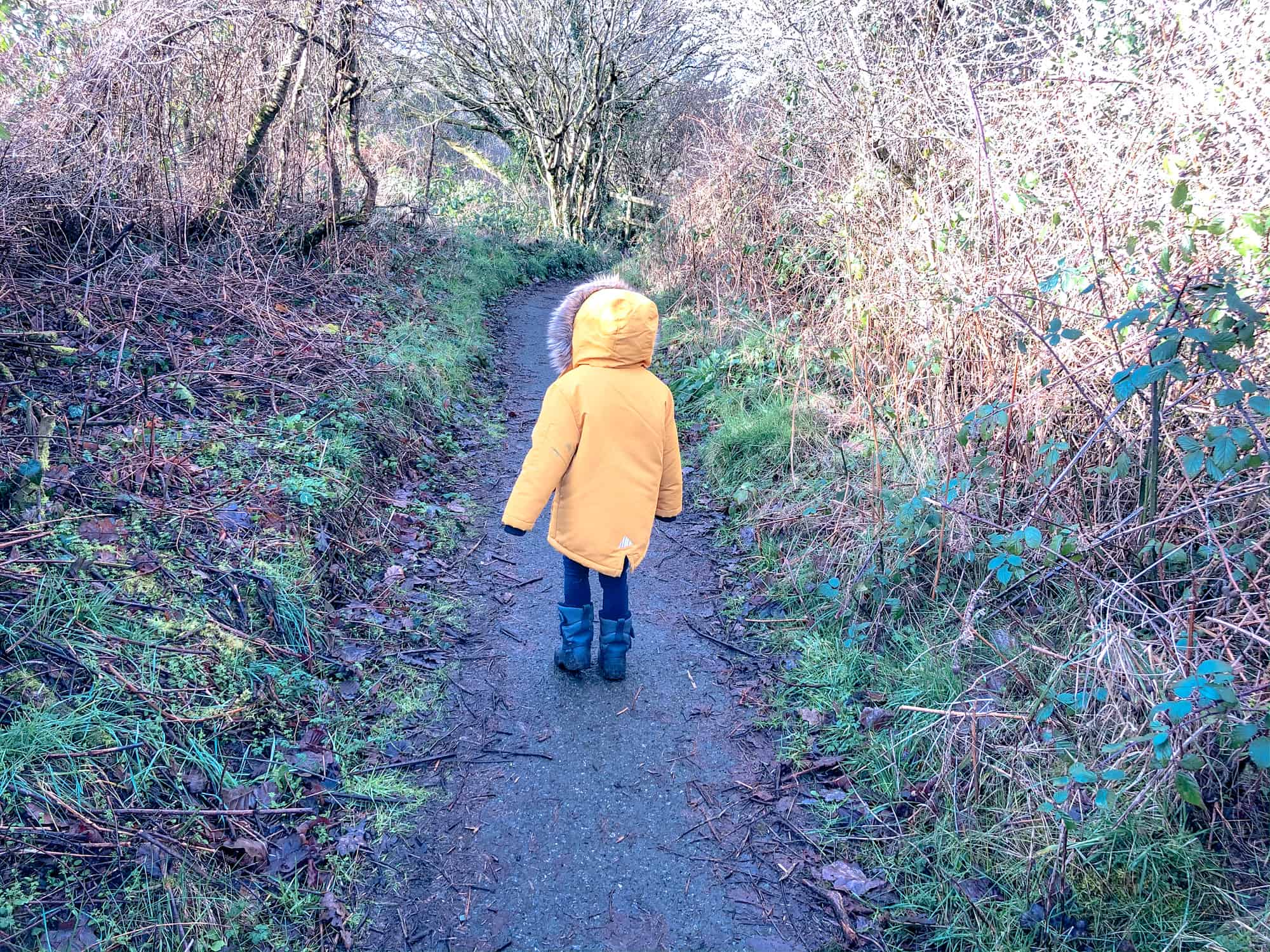
Aren’t you forgetting something?
Does the travel industry harm the environment? Of course it does.
Overtourism, unscrupulous tour operators, poor development plans, carbon dioxide emissions, and insensitive cultural appropriation are just some of the problems that the travel industry brings.
But. If, and it’s not that big an if, those problems were addressed, how would things look then?
Or to look at it another way: I see so many causes of environmental destruction at home. Plastic at festivals and children’s parties, the futility of fast fashion, the damage of commuting, of sports and music events. The eye-watering carbon emissions involved in making sure that out of season fruit and veg are available all year long.
So, I feel we have two questions.
“How can we live without those things that bring us pleasure, purpose and meaning?”
Or.
“How can we make those thing sustainable?”
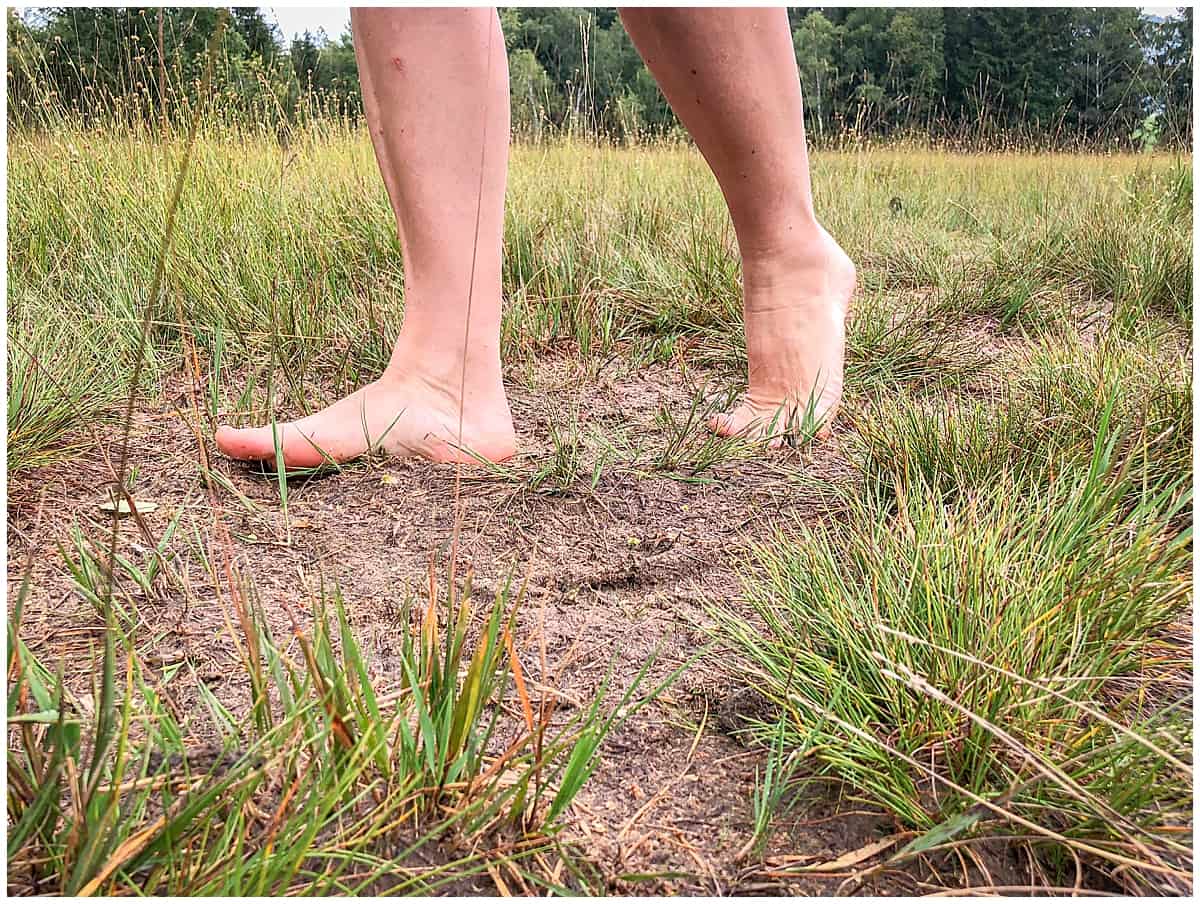
Walking barefoot on Krumbach Moor in Austria
Travel is not the enemy. It is a weapon in the armoury, a screwdriver in the toolkit, a bamboo toothbrush in the washbag.
It is, quite simply, an essential part of human being.
Our challenge is not how to eradicate it. It is how best to embrace it.
Conclusion
Travel itself is a fundamental part of human being, not a weakness to overcome. Eliminating travel for its own sake, therefore, is not some kind of virtuous pursuit.
This Earth Day, and every Earth Day, let’s put our minds together to champion the notion of sustainable tourism and celebrate those who do it well.
All ideas welcome.
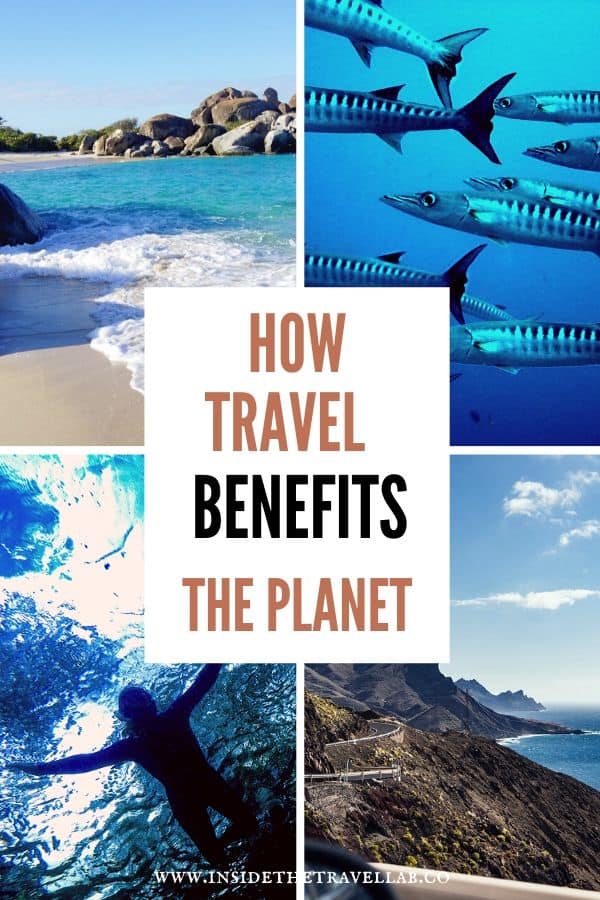
More on Sustainable Travel
Read more sustainable travel tips and articles below:
- Start here: how to be a responsible tourist
- Is dark tourism ethical? What you need to know.
- Get inspired by this collection of the best sustainable travel blogs.
- 9 powerful benefits of sustainable tourism (and why you should care)
- The emotional meaning of home
- The importance of doing nothing
- How to find the most ethical travel destinations
- 15 sustainable beach tips for your next trip to the sea

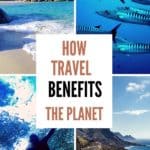
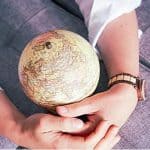



Great post Abi. Many have said this crisis is an opportunity to press the re-set button and travel ‘more thoughtfully’ without addressing what they actually mean. I’ve been grappling with it too – it’s complex, there is no single solution – but putting heads together and finding the positives is the only way…
I’ve also seen lots of comments about how this crisis proves that so much travel is unnecessary… Some is. There is some value from working from home. But as time goes on, I think we will begin to realise the value in face to face meetings more and more. We need both. Finding the balance is, as ever, the challenge.